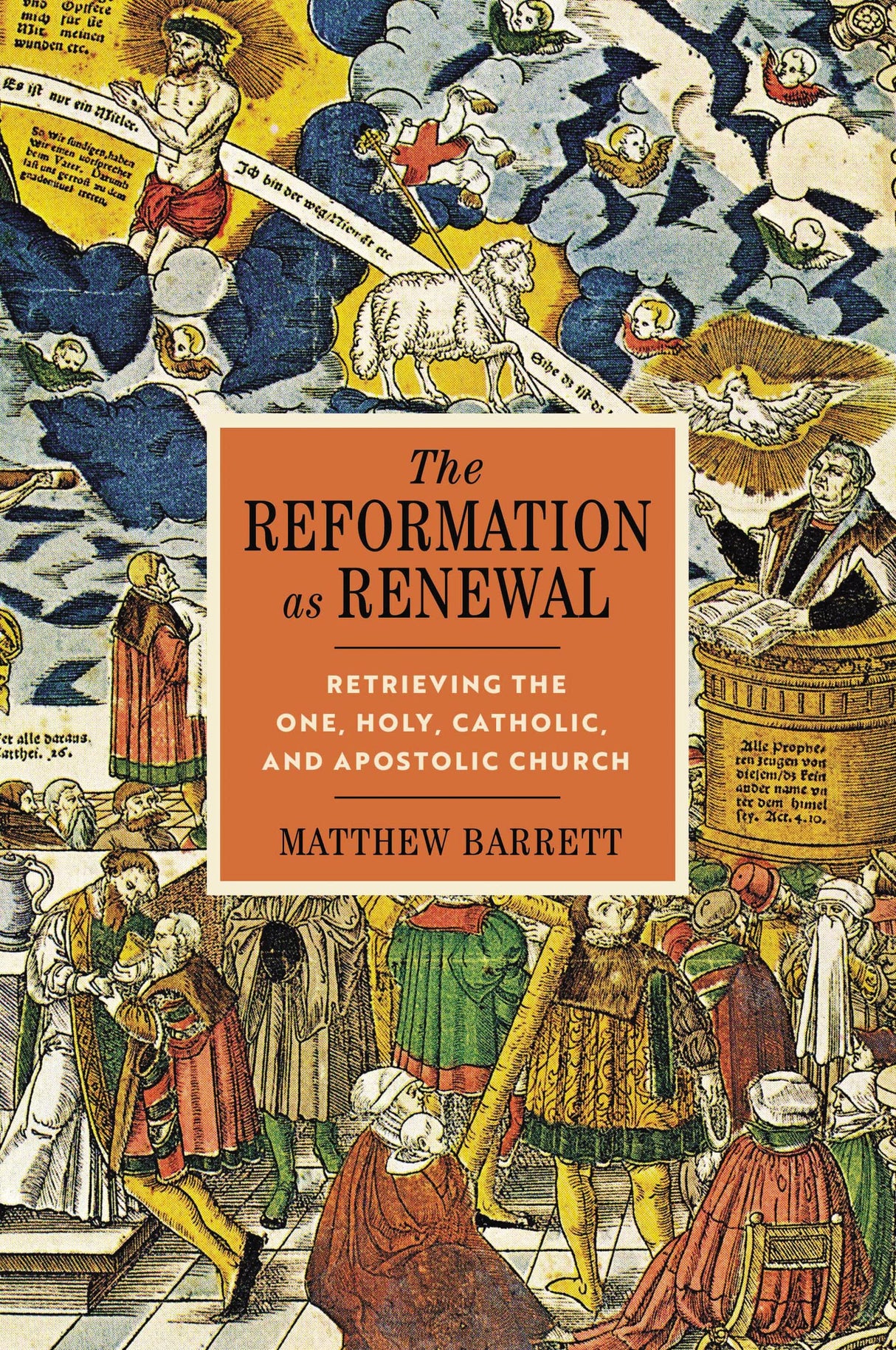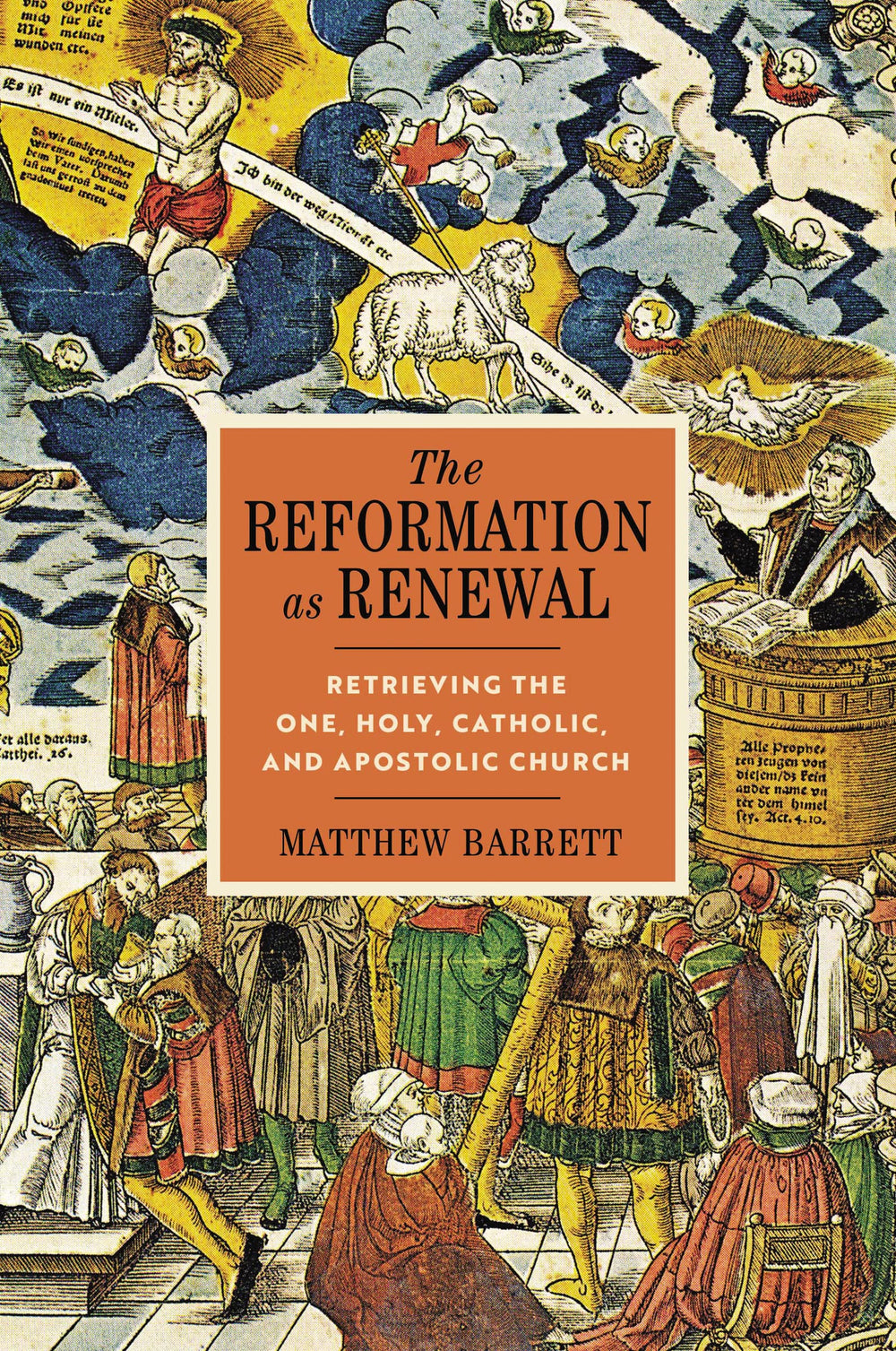The Reformation as Renewal: Retrieving the One, Holy, Catholic, and Apostolic Church
A holistic, eye-opening history of one of the most significant turning points in Christianity, The Reformation as Renewal demonstrates that the Reformation was at its core a renewal of evangelical catholicity.
In the sixteenth century Rome charged the Reformers with novelty, as if they were heretics departing from the catholic (universal) church. But the Reformers believed they were more catholic than Rome. Distinguishing themselves from Radicals, the Reformers were convinced they were retrieving the faith of the church fathers and the best of the medieval Scholastics. The Reformers saw themselves as faithful stewards of the one, holy, catholic, and apostolic church preserved across history, and they insisted on a restoration of true worship in their own day.
By listening to the Reformers' own voices, The Reformation as Renewal helps readers explore:
- The Reformation's roots in patristic and medieval thought and its response to late medieval innovations.
- Key philosophical and theological differences between Scholasticism in the High Middle Ages and deviations in the Late Middle Ages.
- The many ways sixteenth and seventeenth century Protestant Scholastics critically appropriated Thomas Aquinas.
- The Reformation's response to the charge of novelty by an appeal to the Augustinian tradition.
- Common caricatures that charge the Reformation with schism or assume the Reformation was the gateway to secularism.
- The spread of Reformation catholicity across Europe, as seen in first and second-generation leaders from Luther and Melanchthon in Wittenberg to Zwingli and Bullinger in Zurich to Bucer and Calvin in Strasbourg and Geneva to Tyndale, Cranmer, and Jewel in England, and many others.
- The theology of the Reformers, with special attention on their writings defending the catholicity of the Reformation.
This balanced, insightful, and accessible treatment of the Reformation will help readers see this watershed moment in the history of Christianity with fresh eyes and appreciate the unity they have with the church across time. Readers will discover that the Reformation was not a new invention, but the renewal of something very old.
-
Cover Type
-
ISBN
-
Page Count
-
Weight
-
Publisher
-
Publication Date



